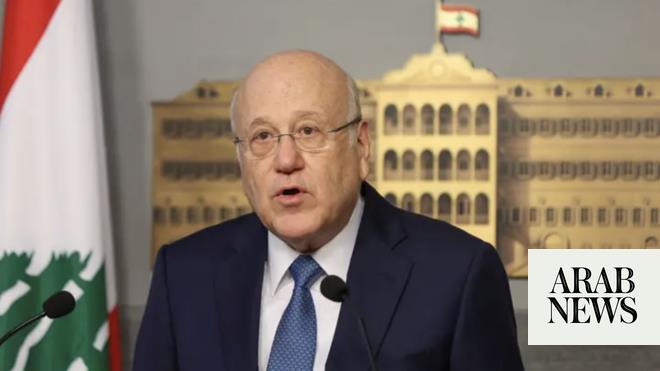
Boris Johnson has been forced to quell a rising Conservative mutiny over England’s new national lockdown by pledging to give MPs the chance to block any extension beyond 2 December.
Tory MPs said they had been “spooked” by suggestions from ministers that the four-week lockdown could be extended should the infection rate remain high. Senior MPs have asked to see the full economic impact assessment given to the cabinet before they vote on the new restrictions on Wednesday.
On Monday, Conservative whips, government scientists and Johnson increased their private efforts to contain any rebellion, in what one MP called a “day of propaganda”.
The Labour leader, Keir Starmer, also intensified his attacks on the government’s decision to delay a national lockdown – and blamed the chancellor, Rishi Sunak, for blocking an earlier “circuit breaker”, which Starmer said could have saved lives.
“Forty days later, when [the prime minister] finally decided to announce a longer, four-week national lockdown … figures had increased to 326 deaths a day, and 22,000 Covid cases. That is the human cost of the government’s inaction,” Starmer told the CBI conference.
In a direct attack on Sunak, he added: “The impact on business, and jobs, will be severe. Make no mistake, the chancellor’s name is all over this.”
Labour will back the new restrictions, meaning the government will not risk losing the vote. But there are fears in Downing Street about the potential embarrassment of any future vote depending on Labour support to pass, if enough Conservatives decide to rebel.
Sir Graham Brady, chair of the 1922 Committee of backbench Tory MPs, who is likely to vote against the government, said: “I think it is essential that the government should publish a full impact assessment of its proposed lockdown before MPs are asked to vote on Wednesday.
“We know from experience that lockdowns don’t defeat the virus, they merely defer its spread, and the cost is substantial in terms of jobs destroyed, businesses that will fail, mental health – especially for the young – and other health consequences which mean lockdowns cost lives as well as saving them.”
Charles Walker, the vice-chair of the 1922 Committee, predicted there would be just 15 Conservative rebels for the vote but said there was “huge disquiet on the Conservative benches”, which could cause issues later down the line.
“I will be voting against the legislation on Wednesday because I’m fed up of having decent people criminalised,” he said. “But I expect the whips’ office will pick off a number of other heretics to make sure they are at worst abstaining or even better, in the government lobby supporting them.”
One Tory MP from the former Labour heartland “red wall” areas, said despite deep scepticism they planned to back the new lockdown. “I just honestly don’t see what the alternative is. I hate it, it’s awful, but what else can you do? I think a lot of colleagues feel like that.
“Going forward, we need to see more of the data and scientific advice they look at and accept or reject in the decision-making process. What are the economic impact projections that they consider? How are the decisions actually made?”
One MP, who has not rebelled previously on Covid-19 legislation, said a vote to extend the lockdown could be “bruising” for the government unless there was “seriously convincing evidence that there was no other alternative”.
MPs will get a vote on what replaces the lockdown restrictions before they expire on 2 December. “The intention of the government is to go back to the tier system on a local and regional basis,” Johnson’s spokesman said.
Should the R (reproduction) number continue to be above 1, Johnson will be under pressure to continue the harsh restrictions.
The spokesman said the government would examine the data throughout the four-week lockdown. “We believe the package of measures is tough enough to get the R … down again and allow us to go down to that regional approach,” he said.
Earlier on Monday, Sunak refused to rule out the coronavirus lockdown lasting longer than its intended four weeks, a reiteration of what his cabinet colleague Michael Gove said over the weekend.
Speaking in the Commons, Johnson sought to persuade mutinous Conservative backbenchers to support his plan for a new coronavirus lockdown across England, saying that failing to act now would risk the “medical and moral disaster” of an overwhelmed NHS. The prime minister also rejected the idea he had been too slow to act, saying it had been right to first try a regional system of different tiers of restrictions.












